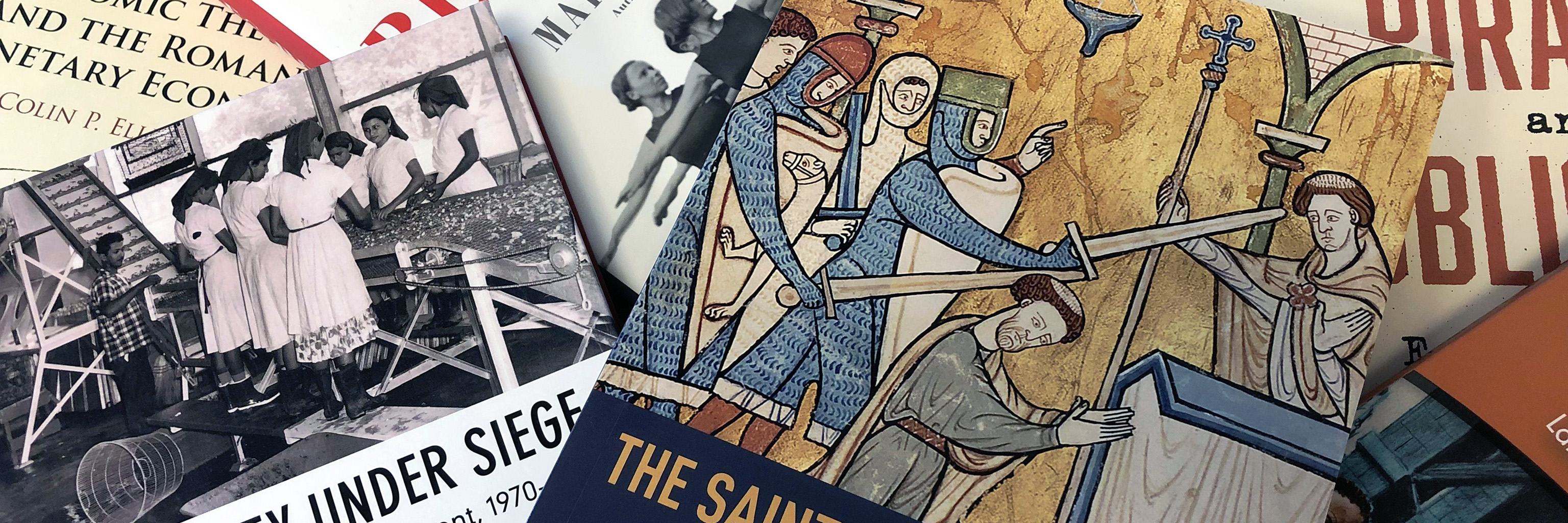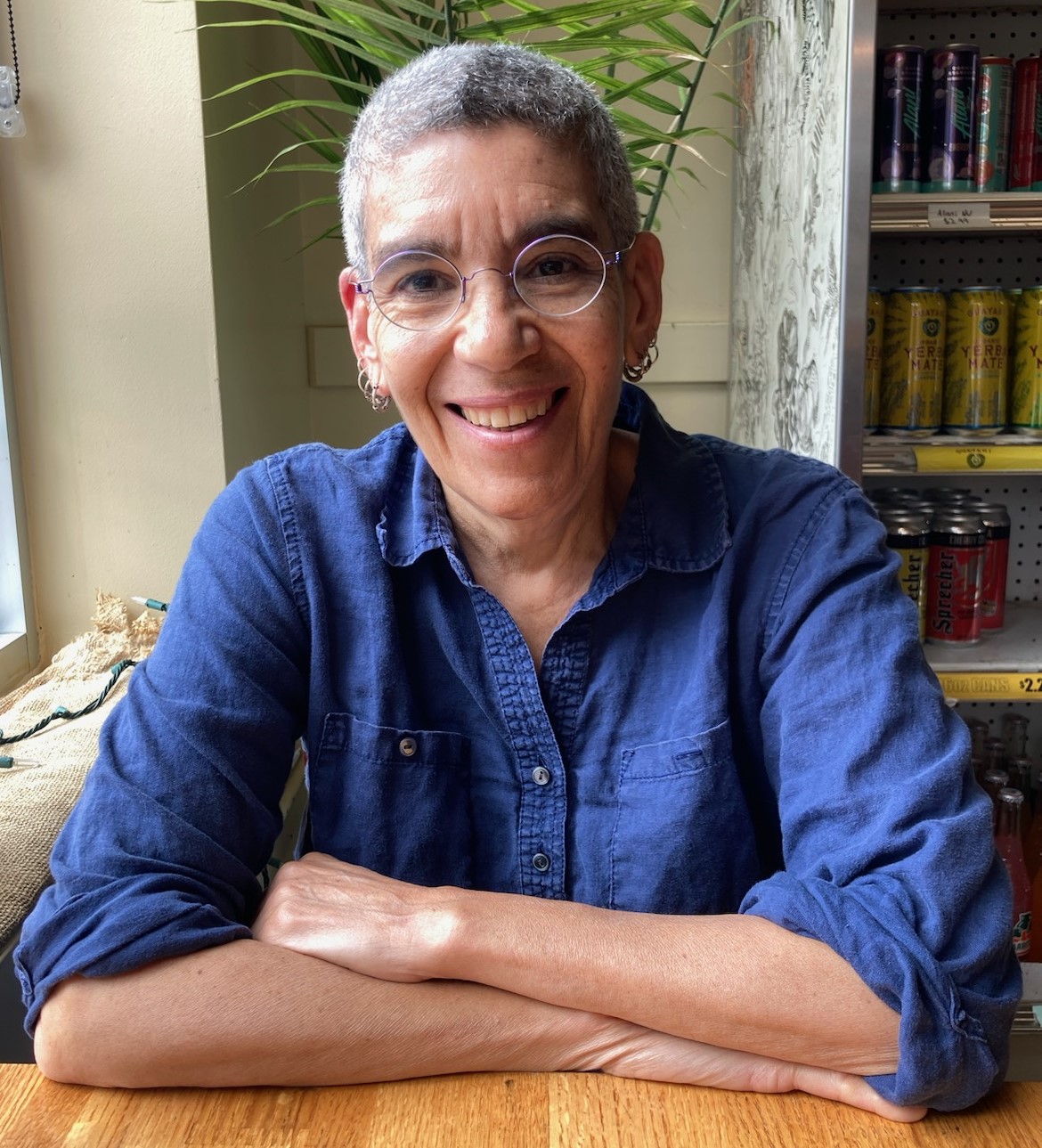I am a product of the past, as is every human being on this planet. What went into making me (or you!) is contingent: the family I happened to be born into, the place of my birth, the culture of that place, and where I am seen as fitting into it. The experiences I have had that have shaped me (or that have shaped you) constrain what I think and how I see the world. But to say that I am (or you are) constrained does not make us, unlike AI, automata. We act in the world in ways that cannot always be predicted by the past processes that brought us into being. Still, those processes exert considerable force on us; thus considering how they shape and move us can offer powerful explanations of how we individually got to where we are and also why the human societies comprised of us individuals are what they are.
So what does that have to do with history? Everything. What historians do when we write history is explain precisely what I’ve mentioned above: how we individually and as the components of human societies have gotten to be where we are. And because we historians are ourselves positioned, we ask different questions from each other, arising from who we are, and we arrive at different answers, but always based on the evidence left to us by the past. That explains why historians often don’t agree with each other and also why our explanations of the past and the meanings we find in it change over time. Asking new questions and finding new answers lies at the heart of our discipline.
This is the goal in our work as historians, but also in our work as teachers of the discipline. We aren’t here to give you, our students, the answers, but to guide you into asking your own questions and finding your own answers. The great French historian Fustel de Coulanges is often remembered as having said to his students not to applaud him, because “history” spoke through him. But what his colleague and obituarist, Eugène-Gabriel Ledos, also said about him was this:
No matter how convinced he was of the justice of his opinions, he would not countenance it if those who desired the honor of being his disciples accepted them as truths they should believe blindly and without verification. This applause...pained and wounded him.[1]
What we want for you as our students (and what we demand of ourselves as well) is for you to ask questions of the past, discover the sources that might answer them, and answer those questions. We want you to experience all the possible kinds of evidence you might use, to experience the dazzling array of questions you might ask. That's the way history produces meaning; we rely on our exploration of the past to understand our present and work toward the future we desire. History anchors us. It illuminates the paths that human beings have taken and the ones they might take. It shows us who we humans have been, who we are, and who we might be. That is what gives history its value.
--Leah Shopkow/Professor and Chair/Department of History
[1] Eugène-Gabriel Ledos, “M. Fustel de Coulanges,” Revue des questions historiques 47 (1890): 273-4. Translation mine.


 The College of Arts + Sciences
The College of Arts + Sciences